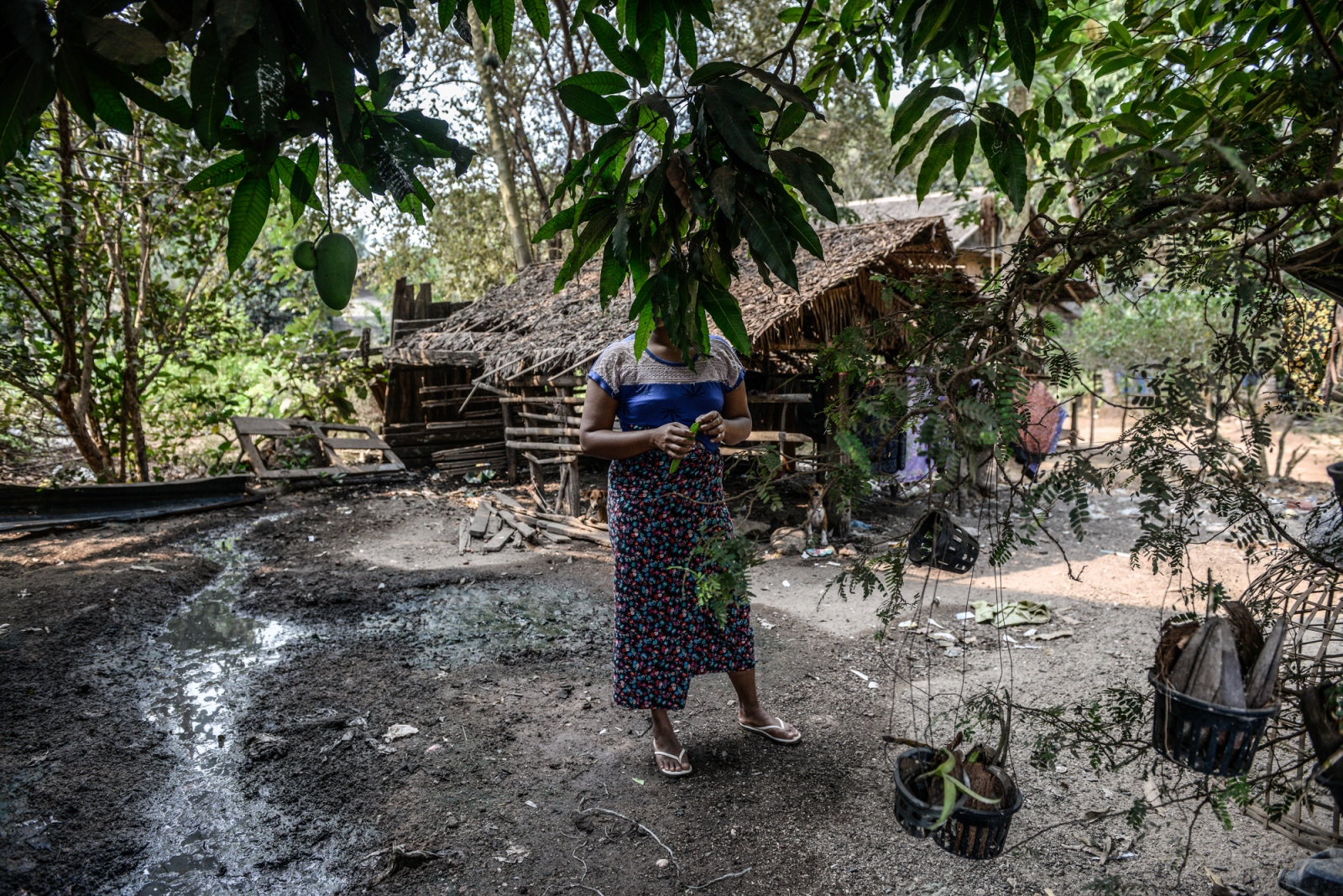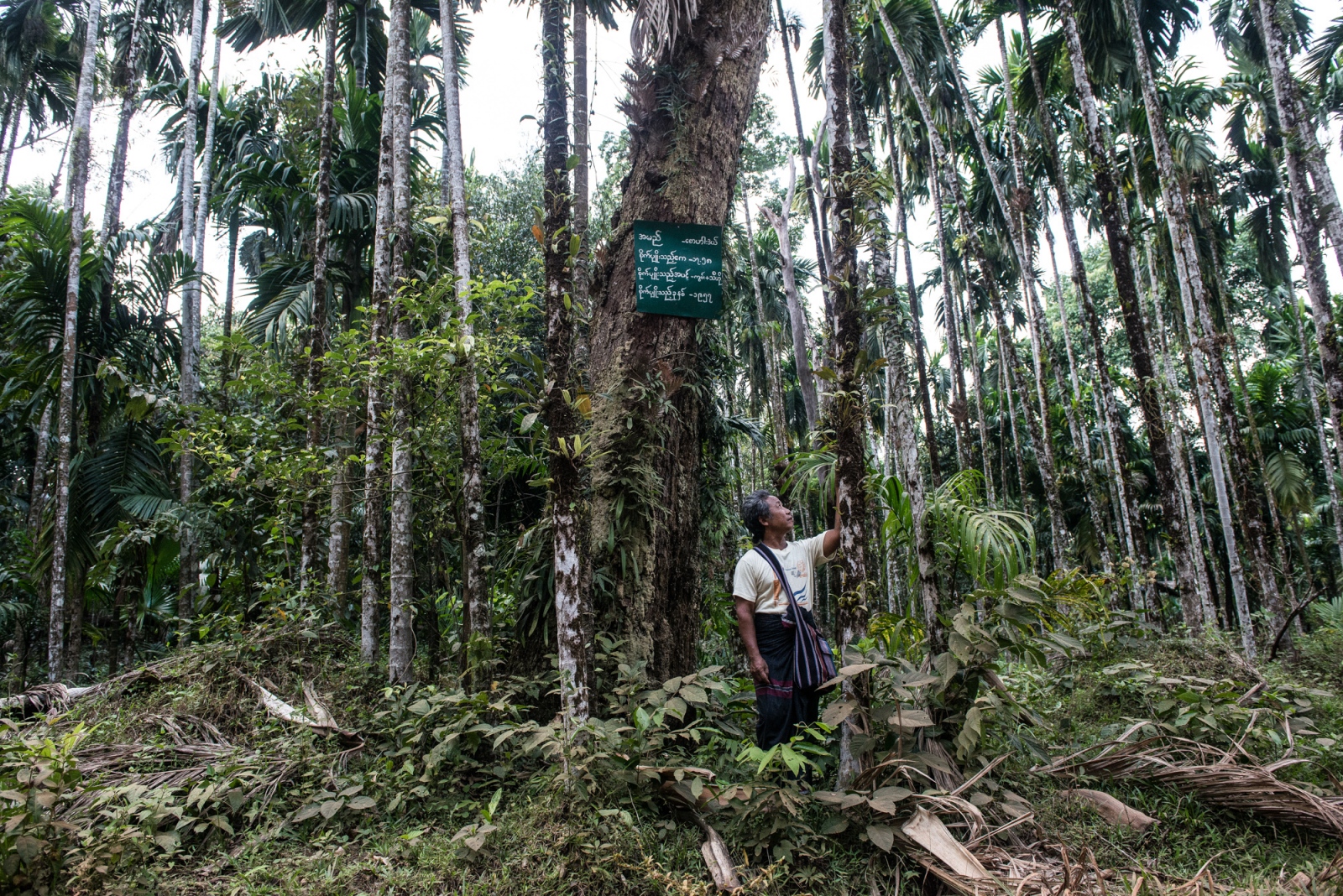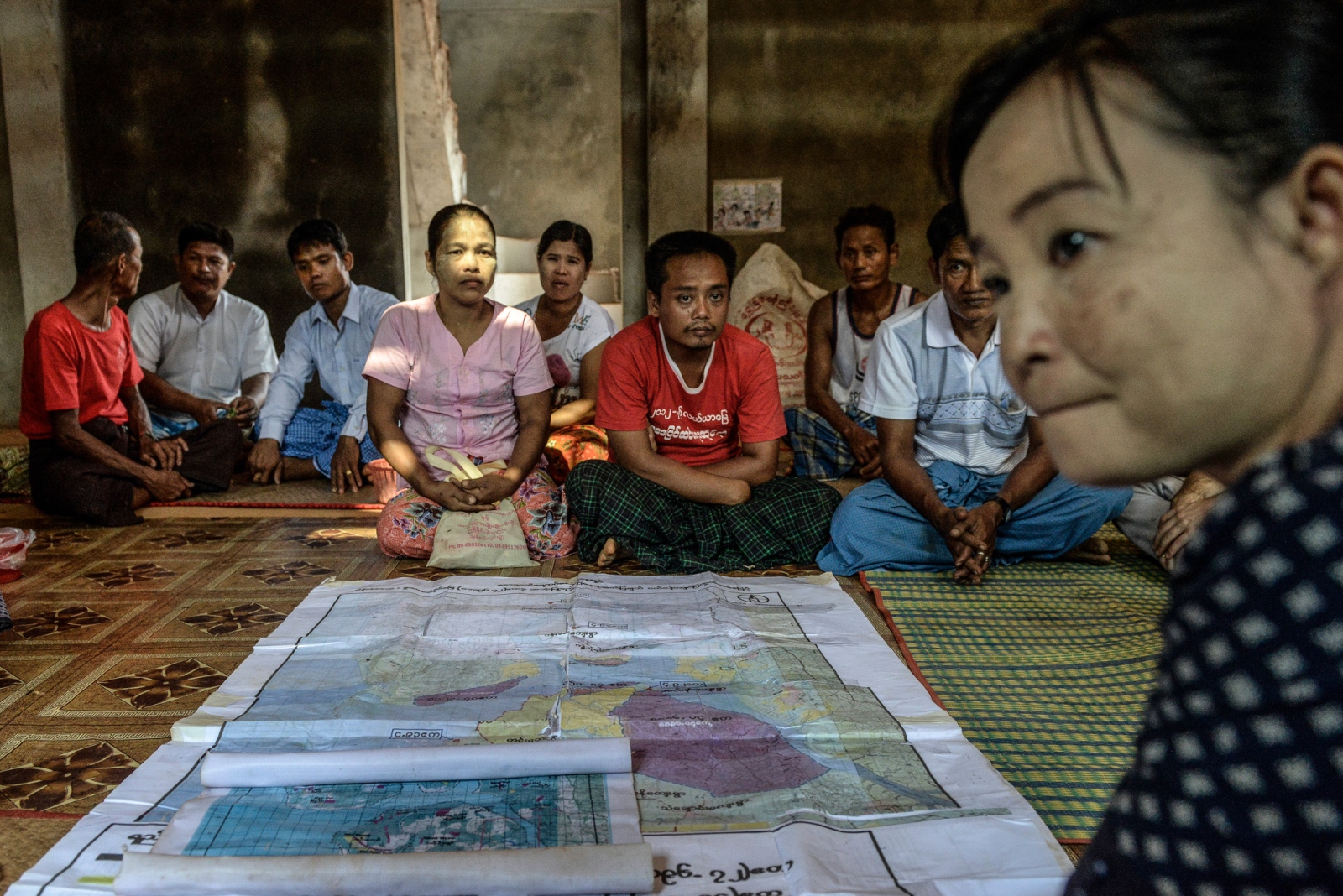Public Story
VFV Land Law
New Land Law Could Displace Millions In Myanmar.
(VFV: The Vacant, Fallow and Virgin Lands Management Law)
Farmers in Myanmar were threatened and affected by new land laws. Under the law, their land are at risk of land confiscation and exacerbation of the country's fragile peace negotiations.
Under the Vacant, Fallow and Virgin Lands Management Law (VFV) amended on September 2018, one-third (50 million acres) of land confiscated and land seizure continued. Deadline for applying for an official permission to use the land for 30 years was March 11, 2019. One who failed to comply by the deadline would face eviction or up to 2-year incarceration.
In Tanintharyi Region of Southern Myanmar, decades of conflict between the Army and Ethnic Armed Organizations have caused massive displacement leading to widespread land confiscation. The country has been struggling to rebuild relationships damaged by violent and the VFV is found to present obstacles to reconciliation efforts.
Many follow a customary land tenure system in Myanmar. To stay on their ancestral land that passed down for generations, they have to comply for a thirty-year lease forced by the law. Failure to register will result in the risk of losing their land to investors and facing a prison sentence and/or fines.
After a ceasefire between the Karen and Myanmar Army in 2012, displaced villagers from Kye Zu Daw village in Tanintharyi were finally able to return home. After returning, they found the village was taken by the Tanintharyi Nature Reserve. A permission was given to investors for more than 610 acre (circa 250 hectares) oil palm plantations in the reserve area.
Nobel Peace Prize laureate Aung San Suu Kyi promised to prioritize land reform before 2015, general election. However, land concessions have resulted in thousands of farmers losing their land and still remains one of the biggest unresolved issues in Myanmar.
The VFV allows investors to take advantage of seized land from marginalized communities which villagers are ill-informed or displaced. Thirty-percent of the land, particularly in Tanintharyi is unregistered and faces massive land confiscation.










